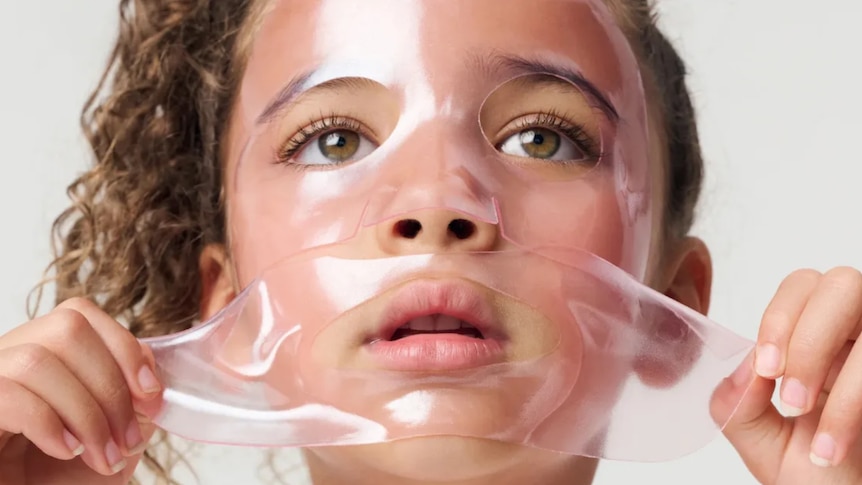
The launch of a new children’s skincare line by actress and entrepreneur Shay Mitchell has ignited significant backlash online, with critics labeling the products as “dystopian” and “tone-deaf.” The skincare line, which debuted in September 2023, aims to cater to parents seeking quality skincare options for their children. However, many are questioning the necessity of such products in a market already filled with options.
Criticism has surfaced primarily on social media platforms, where users have expressed concern about the implications of marketing skincare specifically for children. Online commentators argue that promoting skincare regimes for young children fosters unrealistic beauty standards and places undue emphasis on appearance from an early age. This sentiment has resonated widely, leading to a surge of conversations around the ethics of children’s beauty products.
In response to the backlash, Mitchell has defended her brand, emphasizing the importance of skin health and protection for children, particularly in environments where sun exposure is prevalent. She stated that the line was developed with the aim of encouraging healthy skincare habits from a young age. Despite her reassurances, the public reaction has been predominantly negative, with many insisting that the products are unnecessary and potentially harmful.
The term “dystopian” has become a focal point in the criticism, with users drawing parallels between the marketing strategies used by Mitchell’s brand and broader societal trends that prioritize physical appearance. Many have taken to social media to voice their concerns and suggest that children should be allowed to embrace their natural skin without the pressure of commercial beauty products.
Critics have also highlighted the potential risks involved in introducing skincare products to children. They argue that children’s skin is different from adults and may not require the same level of care or intervention. This perspective has fueled discussions about consumer responsibility and the role of celebrities in shaping beauty norms and expectations.
As the debate continues, it remains to be seen whether Mitchell’s line will weather the storm of criticism or if the backlash will have lasting effects on its market performance. The discussions surrounding the brand have also brought attention to the wider issue of child-targeted marketing in the beauty industry, prompting questions about the responsibilities of companies in promoting healthy self-image among young consumers.
The controversy surrounding Shay Mitchell’s skincare line serves as a reminder of the delicate balance between entrepreneurial ventures and social responsibility. While the intent may be to promote skin health, the implications of such marketing strategies can have profound effects on societal perceptions of beauty, particularly among impressionable children. As consumers become increasingly vocal about their beliefs, brands will need to navigate these conversations carefully to maintain public trust and relevance.







